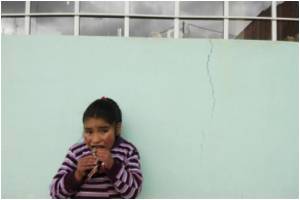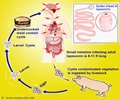San Antonio, December 4 -In the first study to utilize continuous EEG monitoring (cEEG) to define the incidence of early post traumatic seizures (EPTS) in children compared to published

More than half of the children (55.6%) had EPTS. Children under two years of age and those subjected to non-accidental trauma were most susceptible to the early seizures. However, EPTS did not influence the short term outcome measures of ICU/hospital length of stay and duration of intubation.
There was a high rate of status epilepticus, prolonged and potentially injurious seizures, experienced in this study by 44.4% of the children. The incidence of epileptiform discharges (abnormal EEG activity signifying the potential for seizures to occur) was five-fold higher in children than adults.
"The high rate of sub-clinical seizures that would have otherwise been missed without cEEG monitoring, especially in younger children and those with non-accidental trauma, was very impressive," says lead author Daniel Arndt, M.D. "This study highlights the benefits of cEEG monitoring acutely after pediatric moderate-severe TBI. Further studies are indicated to verify these findings, determine if EPTS influence long-term outcome, and if treating or preventing the EPTS or subclinical seizures improves outcome."
Source-Newswise













